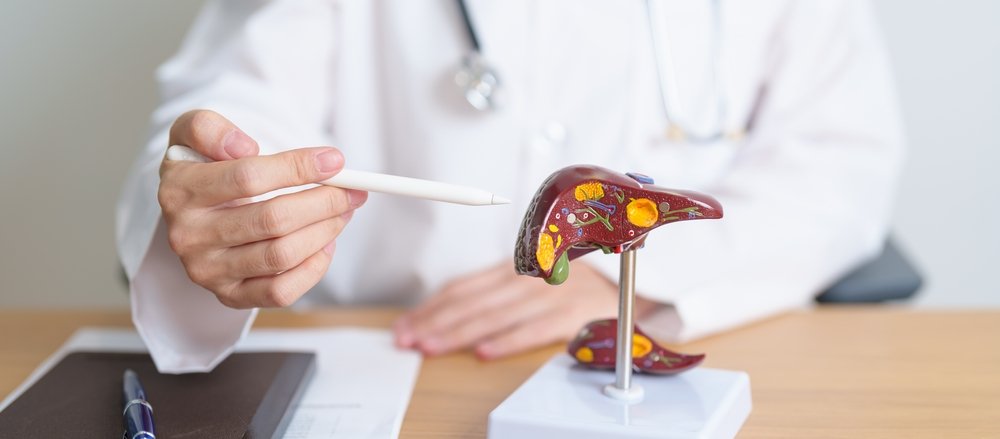Flu Vaccine: A Comprehensive Guide
Influenza, commonly known as the flu, is a highly contagious respiratory illness caused by influenza viruses. It affects the nose, throat, and lungs, leading to mild to severe symptoms, and can sometimes result in serious complications like pneumonia, bronchitis, or even death in high-risk individuals. The best way to protect yourself from the flu is through annual flu vaccination, which reduces the risk of infection, hospitalisation, and severe complications.
What is Flu?
Influenza, commonly known as the flu, is an acute respiratory illness caused by influenza viruses. It’s a contagious infection that affects the nose, throat, and sometimes the lungs, and can range from mild to severe, even leading to death. Flu symptoms include fever, cough, sore throat, muscle aches, and fatigue, and they come on suddenly.
Signs and Symptoms of Flu
Flu symptoms typically appear 1-4 days after exposure and can range from mild to severe.
Common Symptoms of Flu:
- Fever or chills
- Cough (usually dry)
- Sore throat
- Runny or stuffy nose
- Muscle or body aches
- Fatigue or extreme tiredness
- Headache
- Sweating or shivering
Severe Symptoms (Seek Medical Attention Immediately):
- Shortness of breath or difficulty breathing
- Persistent chest pain or pressure
- Confusion or dizziness
- Severe vomiting or inability to keep fluids down
- Blue lips or face (cyanosis)
Causes of Flu
The flu is caused by influenza viruses, which are classified into four main types:
Influenza A
- Most common and severe type.
- Can cause pandemics (e.g., H1N1 in 2009).
- Found in humans and animals (pigs, birds, etc.).
Influenza B
- Only affects humans
- Usually causes seasonal flu outbreaks
- Less severe than Influenza A
Influenza C
- Causes mild respiratory illness
- Less common and rarely causes epidemics.
Influenza D
- Mainly affects cattle and does not infect humans
Influenza A and B are the main culprits behind seasonal flu outbreaks worldwide.
Treatment for Flu
There is no cure for the flu, but treatment focuses on relieving symptoms and preventing complications.
1. Home Remedies for Mild Flu Cases
- Rest and hydration – Helps the body fight off the virus
- Paracetamol/Ibuprofen – Reduces fever, muscle aches, and headaches
- Cough syrups and lozenges – Relieves throat irritation
- Steam inhalation – Clears nasal congestion
2. Antiviral Medications (For Severe Cases)
- Antiviral drugs work best when taken within 48 hours of symptom onset.
Flu Prevention
- Annual Flu Vaccination – Best protection against flu
- Frequent Handwashing – Prevents virus spread
- Wearing Masks – Reduces airborne transmission
- Avoiding Crowded Places – Minimises exposure risk
- Covering Coughs & Sneezes – Prevents infecting others
Combining vaccination with hygiene measures provides the best flu protection.
Where is Flu Most Common (Endemic Regions)?
The flu is found worldwide, with seasonal outbreaks occurring in:
- Northern Hemisphere: Flu season occurs from October to April
- Southern Hemisphere: Flu season occurs from April to September
- Tropical Regions: Flu occurs year-round with seasonal peaks
Travellers should get vaccinated before visiting flu-endemic regions.
Things to Take Care of After Flu Vaccination
- Stay hydrated – Helps reduce side effects
- Rest for a few hours – Mild fatigue is common
- Monitor for allergic reactions (rare but possible)
- Continue practicing hygiene measures – The vaccine takes 2 weeks to provide full protection
Getting vaccinated protects not only you but also those around you.

Things to Take Care of After Flu Vaccination
Getting vaccinated protects not only you but also those around you.
1. Stay hydrated
Helps reduce side effects
3. Monitor for allergic reactions
Rare but possible
2. Rest for a few hours
Mild fatigue is common
4. Continue practicing hygiene measures
The vaccine takes 2 weeks to provide full protection.
Why Vaccinate at Trio Pharmacy's Travel & Vaccination Clinic in Shepperton?
If you’re planning to travel to an endemic region or want to protect yourself against Flu, Trio Pharmacy’s Travel & Vaccination Clinic in Shepperton is your trusted destination.
- Expert Guidance: Our trained healthcare professionals provide personalised advice tailored to your needs.
- Convenient Appointments: Flexible booking options to suit your schedule.
- Comprehensive Care: We ensure you receive the most up-to-date vaccinations and travel health information.


